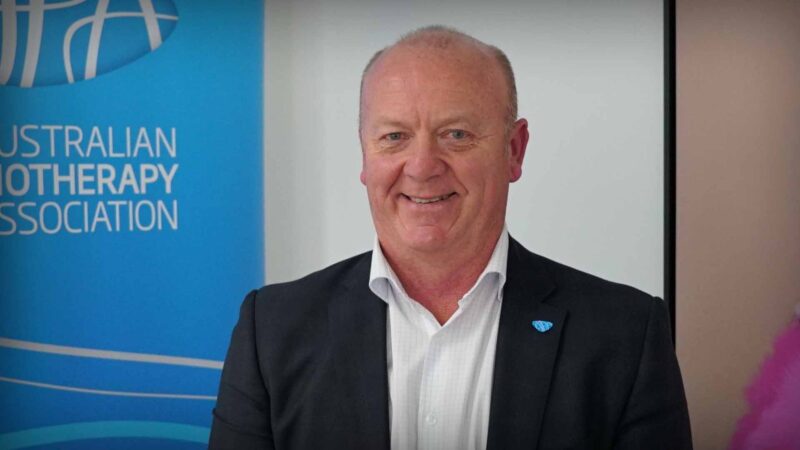Professor Sabe Sabesan, is the Clinical Dean of the Townsville Regional Medical Training network incorporating the Townsville Hospital and Health Services and the Townsville Clinical School of the James Cook University and the director of the department of Medical oncology at the Townsville Cancer Centre, Townsville Hospital.
The Professor recently wrote, “Workforce wellness and engagement have become buzzwords in healthcare settings since there is an intimate relationship between staff wellbeing and performance of the healthcare system. Wellness initiatives such as wellness champions and wellness committees have been set up in response to emerging workforce mental health issues. These are largely reactive rather than being proactive in addressing or preventing the root cause of mental health issues.”
“Within healthcare teams, the promotion of a strong sense of shared purpose along with strong leadership has been shown to reduce rates of mental health problems in staff. Many authorities believe that organisational values are the foundation of organisational culture, and alignment of values and purpose across all levels of organisations may minimise moral injury and promote positive emotions amongst staff.”, writes Professor Sabe Sabesan, in his article “Values aligned organisational culture as the foundation for workforce wellness Is it a pipe dream?” published in the Australian Healthcare and Hospitals Association’s, The Health Advocate magazine in August 2021.
Australian Health Journal interviewed the Professor on his article.
You Might also like
-
A 40-Year Journey: Insights from Tasmania’s Chief Nurse & Midwife
Reflecting on her nursing journey on the Tasmanian Health website on International Nurses Day 2025, Chief Nurse and Midwife, Francine Douce, has seen plenty of change since the start of her nursing and midwifery career, 42 years ago.
-
Scott Willis, talks Physiotherapy
Health Executive Leadership Insights (HELI)
Scott Willis, the National President of the Australian Physiotherapy Association talks Physiotherapy -
Lower back pain presentations in Emergency Department
Around 70 percent of people will experience lower back pain at some stage of their lives.
A recent study conducted over five years found one in three people suffering from lower back pain presented to hospital via an ambulance.In many cases people will attend an emergency department when they feel they can’t manage their pain or when treatments by community healthcare services have been ineffective or inaccessible due to location or cost. However, 90 per cent of people can get better on their own in a few weeks.



